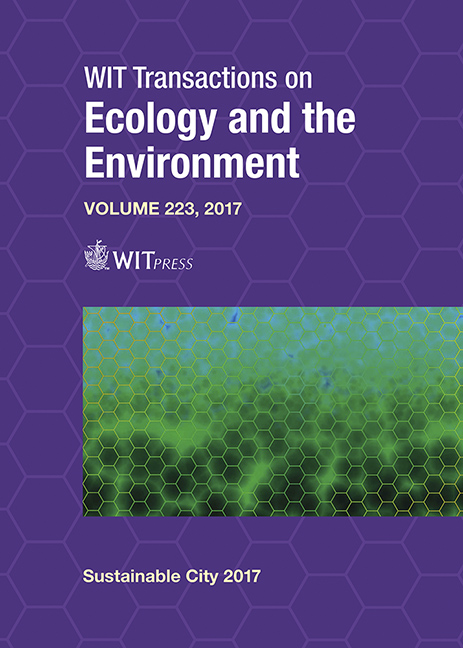CULTURAL CONFLICT AND PUBLIC SPACE: A NEW CONCEPTUALIZATION
Price
Free (open access)
Transaction
Volume
223
Pages
11
Page Range
229 - 239
Published
2017
Size
825 kb
Paper DOI
10.2495/SC170201
Copyright
WIT Press
Author(s)
FRANCISCO GONZÁLEZ DE CANALES, NURIA ÁLVAREZ LOMBARDERO
Abstract
Since the definition of the global city in the 90s, our understanding of the generic city has been that of a formless, diluted, urban mass ineluctably moving towards complete homogenization and the subsequent dilution of character. However, cultural positions on how city spaces are lived in today seem to be more polarized than ever. The increasing mobility of population transnationally has emphasised this polarization, and is mainly seen in large, global metropolises. Today, cultural conflicts are not happening between regions and nations, but are unfolding at the scale of the city. In opposition to ideas that understood cultural conflict as either an increasing revelation of an abstraction that alienates subjectivity - as suggested by Marxist critics - or a tumultuous path before the triumph of the generic and homogenous city - as in the 90s - this paper will explore the concept of “transculturation” and navigate through this new socio-cultural and spatial situation in cities. According to the concept of transculturation, taken from the Latin-American critical theory tradition as an alternative tool to analyse cultural conflict in the city, the cultural reality of the city is always defined by specific and concrete truths through a relentless process of contrast and debate and by power relations that are continuously defined and redefined at various scales. Focusing on the notion of public spaces and its production as a critical means of exploring urban cultural conflict today, this paper will examine the theoretical bases for a culturally sustainable public space, taking as precedents both the square under the Museum of Art of Sao Paulo designed by Lina Bo Bardi and the more recent and collectively designed Gillet Square in Dalston, London.
Keywords
transculturation, sustainable public spaces, transcultural collective urbanism





